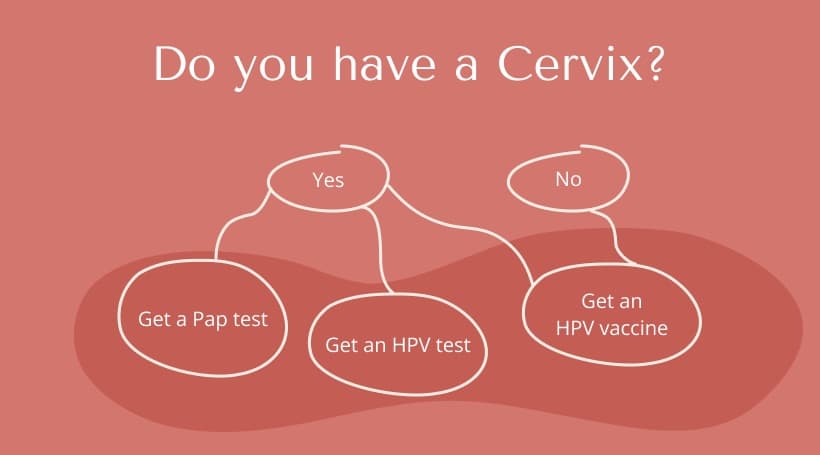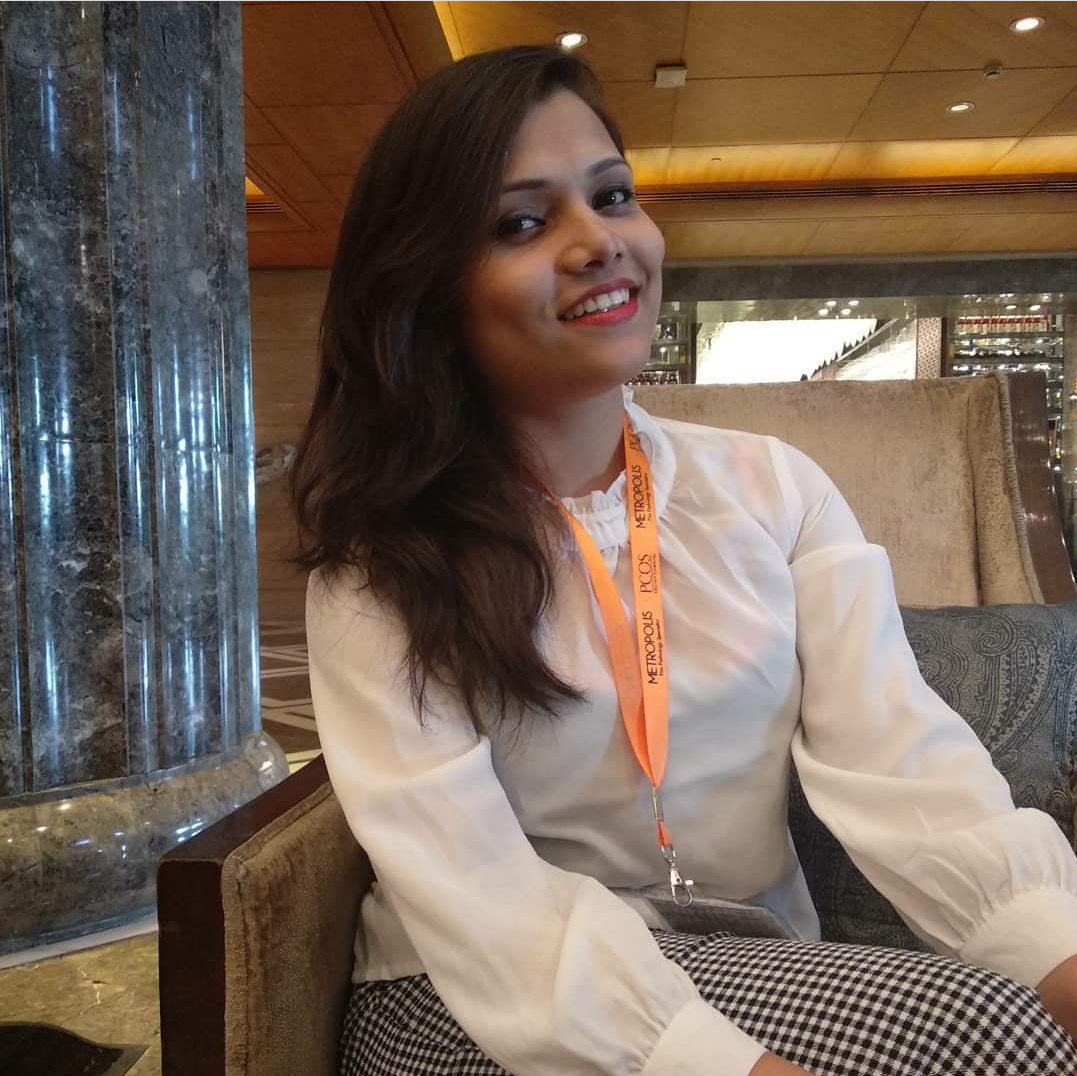1. HPV Vaccine does not prevent cancer
HPV vaccines have proven to limit the risk of highly invasive tumours. These vaccines provide nearly 95% protection against cervical cancer caused by HPV types 16 and 18. The good news is that it does not just reduce the chances of getting cervical cancer but also provides protection against cancers of the anus, penis, vagina, vulva, and back of the neck (oropharyngeal). So, even if you have one strain of HPV, the vaccine will protect you from the other strains that you do not have yet. With the availability of the HPV vaccine, it is possible to reduce the number of cervical and other invasive cancer cases caused by HPV infection worldwide.
2. HPV vaccines are not recommended for young children
HPV vaccines can be administered to children after the age of 9. In fact, the vaccination is more effective when given at a younger age because the HPV vaccine can provide maximum protection from HPV symptoms in men and women before there is any sexual activity taking place. HPV vaccines are licensed for females aged 9–45 years in India and have been seen to be safe and effective. FOGSI (The Federation of Obstetric and Gynecological Societies of India) recommends getting vaccinated between the age of 9-45 years, if not already immunised.
Read more: HPV vaccination for pre-teens
3. HPV vaccines have major side effects
HPV vaccines are entirely safe and do not cause any significant health problems. The HPV vaccine may have minimal side effects like any other vaccine or drug. Pain or redness in the arm where the shot is given is the most typical symptom. Low-grade fever, nausea, dizziness or muscle/joint discomfort are the common side effects - all of which are brief! An adverse reaction is rare, and if you want to ensure that you do not have any severe allergic reaction - talk to a gynaecologist before getting your shot.

4. Your immunity can clear HPV on its own - you don't need to get vaccinated
Most of us are lucky to have an excellent immune system - 90% of Human Papillomavirus (HPV) infections clear up by themselves. However, when the body’s immune system can't get rid of an HPV infection, it can linger and lead to HPV symptoms presenting themselves much later or cause normal cells to turn into abnormal cells which can then turn into precancers. If precancers are not found in time, they can lead to cancers. The HPV vaccination can prevent the formation of precancers caused by high risk strains. It is key to remember that vaccinations can only help, not harm, your immunity.
Read more: Here's why you and your partner need to get HPV vaccinated
5. You cannot get vaccinated if you are already sexually active
Most of us have heard this one before! It is a misconception that HPV vaccination cannot be administered if you are already sexually active. The vaccines are indeed most effective when given before becoming sexually active. However, even if you are sexually active or if you have one strain of HPV, the vaccine will protect you from the other strains that you do not have yet and will also protect you and your partner(s) from the cancer causing strains of HPV.
6. You don't need to complete your dose
Many people sign up to get their HPV vaccinations done but mostly do not complete all three doses. This is done under the false assumption that you don't need all the doses to get complete protection. Children under the age of 15 require only two doses, while those above 15 years of age require three doses. There is no maximum time gap between doses - meaning that you can get your vaccination completed at a later time even if you missed getting the second or third dose. Click here to know more about our HPV vaccination services.
Disclaimer: This information is educational and should not be construed as medical advice. Please consult your doctor before making any dietary changes or adding supplements.
Proactive For Her is a digital clinic for women, offering accessible, personalised, and confidential healthcare solutions. We offer out-patient care, diagnostic services and programs for various health concerns of Indian women, across their lifetime - from puberty to pregnancy to menopause.

